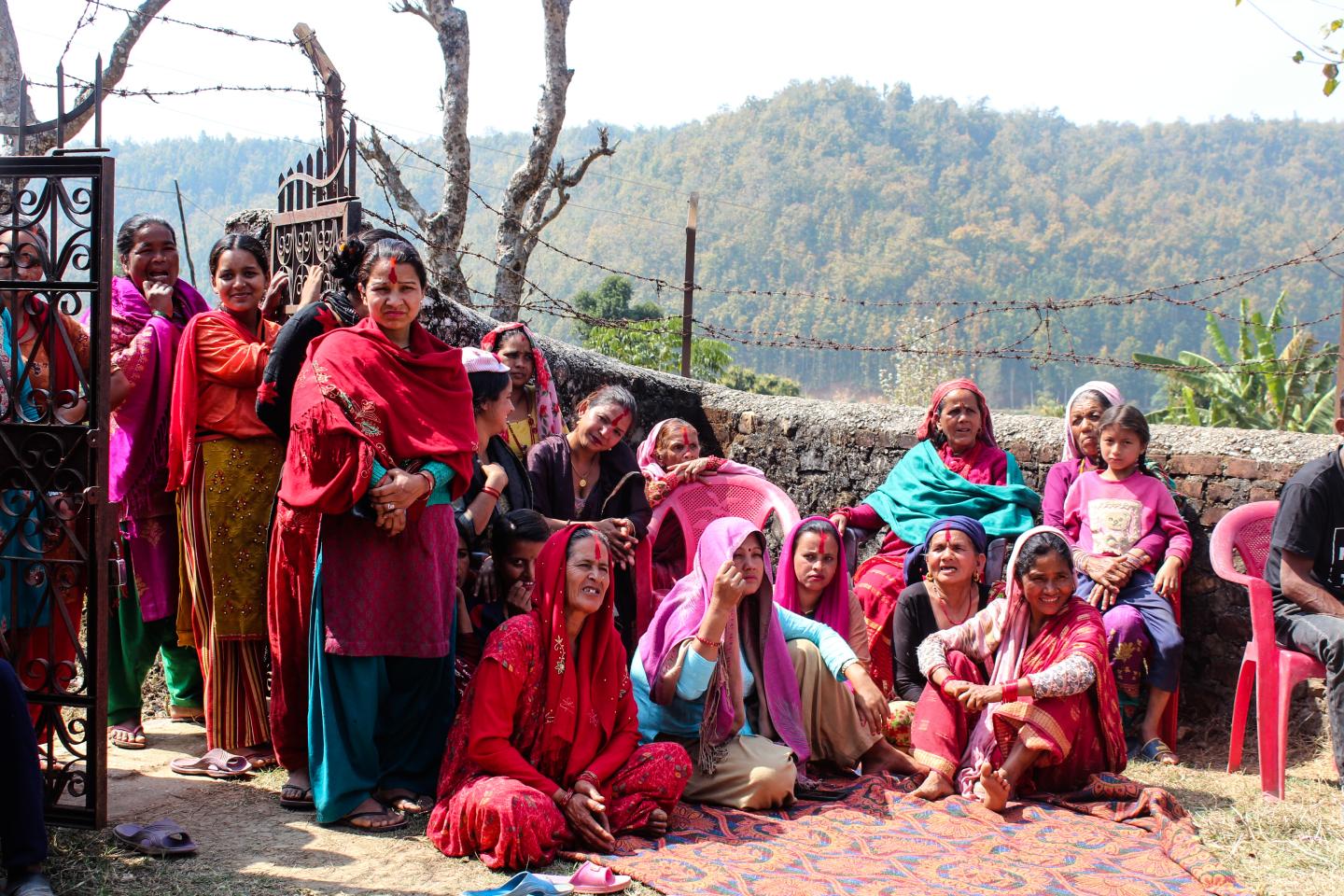Women for entrepreneurship and resilience – transforming fish-farming and forest value-chains in Nepal

Cooperative Development Organisation
Implementing Partners and Organisations
Period of Implementation
Geographic scope
Asia-Pacific: Nepal
Cities: Dang, Chitwan and Nawalparasi
Budget
Donor(s)
Bilateral Aid: Ministry for Foreign Affairs of Finland
Sector(s)
Type of Activity
Summary
The project “Women for entrepreneurship and resilience – transforming fish-farming and forest value-chains in Nepal” aims to enhance women’s income generation, entrepreneurship and livelihood resilience. In Chitwan and Dang districts forest and fish farming are male dominated sectors where decision-power and access to direct benefits are held by men. Traditional roles, low education levels and lack of targeted services limit women’s opportunities in these sectors. Climate and non-climate hazards aggravate the livelihood insecurity and especially women in the marginalized groups are in risk to fall beyond safety nets. The project enables women to seize a centric role in terms of decision-making and direct economic benefits in fish farming and forest value-chains. Farmers organizations hold a crucial role in breaking discriminating structures and transforming production towards resilient pathways. The project engages 18 organizations which commit to non-discrimination, provide targeted services for women, and boost the presentation of their 1200 women members’ interest. New policy mechanisms are established linking women producers with local governments’ decision making. Local organizations engage their members and communities (5450 men and women) to embrace rights and responsibilities, and to seize emerging opportunities in climate-smart production, value-addition and bio-products. Women improve resilience of fish-farming and non-timber forest products NTFP value-chains as the farmers organizations promote risk mitigation and climate-smart practices. Women identify innovations, new products and services forming income generation opportunities and entrepreneurship. FFD implements the project in Nepal in partnership with Federation of Community Forestry Users FECOFUN, Women’s Fish-Farming Cooperative Sundardeep, FINLIT Nepal and Forestry cooperative ASEC. FECOFUN is FFD’s main partner responsible for local coordination, expertise and advocacy in Nepal. Sundardeep, FINLIT and ASEC implement the project activities together with their members and networks. Finnish Fish Farming Association (FFFA) and FFD support the project partners with technical advisory services.
Project Objectives
improved and resilient livelihoods and better position for women producers in Sundardeep and ASEC through promoting inclusive green economy, institutional capacity building and human development through enhanced producers’ organizations that contributes to poverty reduction. The project addresses rural development focusing on gender and climate sustainability.
Website
Impact on SDGs
Main Indicators
Finland’s Development Policy: 4/4.3. # of SMEs or individual gaining access to value chains
# of new or improved processes, products or services in women-led fish-farming or NTFP value-chains
# women/ marginalised groups (dalit, persons with disability, ethnic minorities) employed or in leadership position in FOs and enterprises
# local/national level policy documents/agendas/processes that due to project intervention include interest of women producers and entrepreneurs
# of women with new employment and/or entrepreneurship opportunities
Direct beneficiaries
Organisations: 18
Individuals: 5450